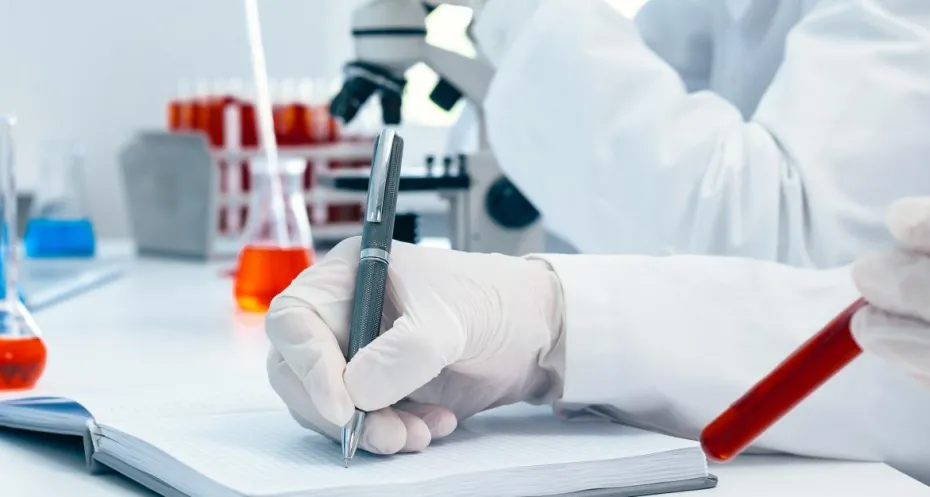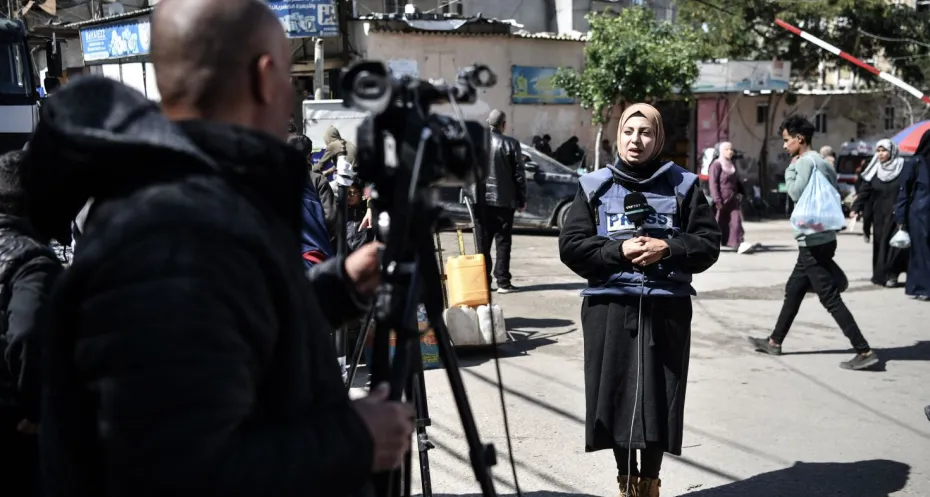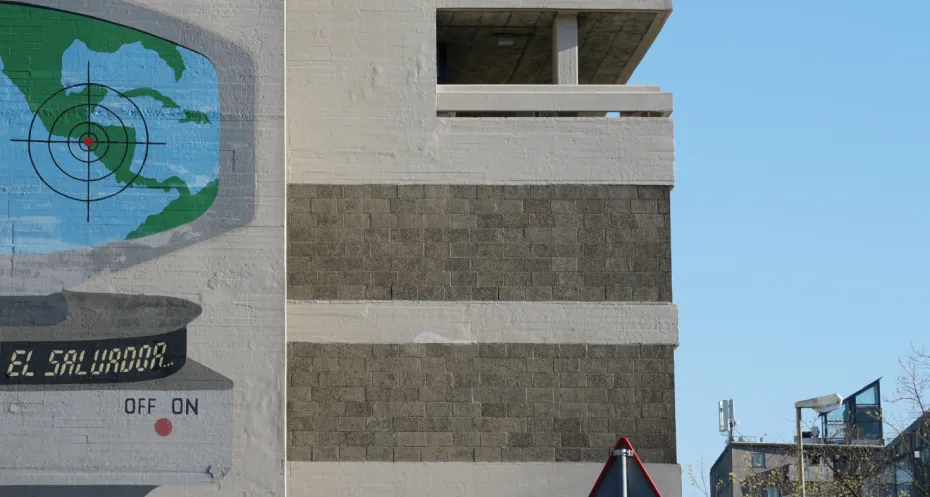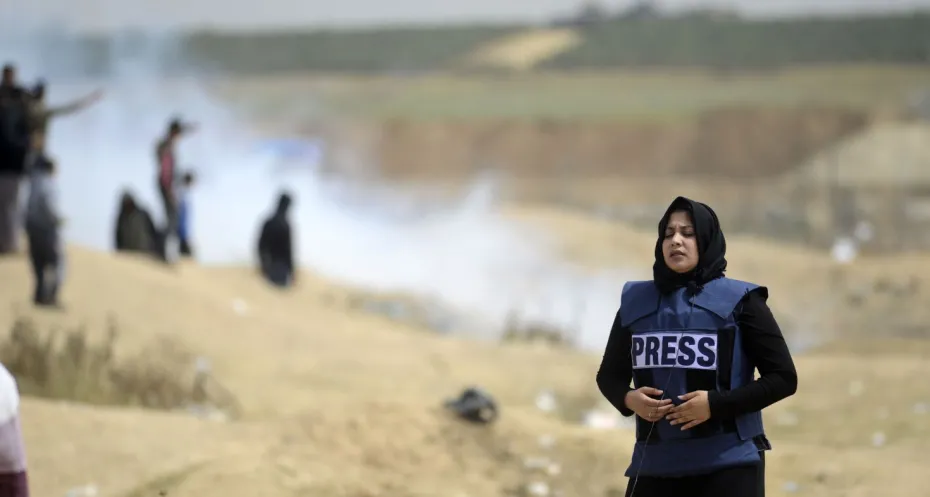
Improving medical journalism in Central and Eastern Europe
Independent media and science experts from Central and Eastern Europe join efforts to increase the quality of medical journalism through a new platform SCIENCE+, developed by Free Press for Eastern Europe (Czechia) and Free Press Unlimited.
With SCIENCE+, we will facilitate the creation of a unique network to share best practices in health reporting and science journalism in initially six Central and Eastern European (CEE) countries: Czechia, Poland, Hungary, Slovakia, Bulgaria and Romania. Experts, science editors, freelancers and independent outlets will form a coalition to ensure responsible and trustworthy reporting on public health and other medical topics.
Science training programme
Independent media are in a good position to provide trustworthy information because they are flexible and they invest in trust-based relations with the audiences. However, they rarely have enough resources to hire journalists and editors with a science-oriented specialisation on a permanent basis. Through our tailor-made package of training for the independent media outlets in the six participating countries, their capacity to both cover science and do it in an attractive and engaging manner will increase.
Audience friendly content
Just reporting on medical topics is not enough: an engaging and audience-friendly format is key in order to reach people across all generations and social backgrounds.
The project will support producing and promoting more audience-friendly media content on relevant medical topics. Special attention is paid to trust-based content creation and distribution strategies, like adapting content to fit in social media formats. Another focus is cross-border collaborations. “Diseases and their consequences do not respect borders, and neither should science journalism. We believe that collaborations can make science journalism more affordable for local newsrooms and more impactful in the region”, says Natalia Marshalkovich, Regional Coordinator of the SCIENCE+ network.
Increasing public awareness about reliable medical facts
Lack of quality coverage of medical topics results in catastrophically low public awareness about health risks in Central and Eastern Europe and beyond. With the Covid-19 pandemic entering the 3rd year, many Europeans choose to distrust vaccines and base their health choices on conspiracy theories or unproven claims.
“SCIENCE+ looks beyond one pandemic. We want people to have better access to medical reporting they can trust and find useful. This won’t happen if news outlets lack experience of covering the topic, are not in constant touch with latest peer-reviewed research, struggle to pinpoint the audience needs and do not understand where public distrust of science comes from. Created by journalists and for journalists, SCIENCE+ fills these gaps. It is designed as a long-term, practical solution to boost public trust in medical facts”, explains Maksym Eristavi, Monitoring and Analysis Coordinator in the SCIENCE+ project.
Regional effort
A cross-border SCIENCE+ team will link trustworthy media to a professional community of medical experts and science editors, as well as audience specialists. Through this cross-sectoral cooperation, we will be able to identify trends and the public’s reaction to medical issues that appear in the news in Central and Eastern European countries, and their reaction to unverified sources and stories about health. SCIENCE+ will assist its members both in verifying and editing their own medicine-related stories.
The pilot stage of the project will take place between October 2021 and September 2022.



